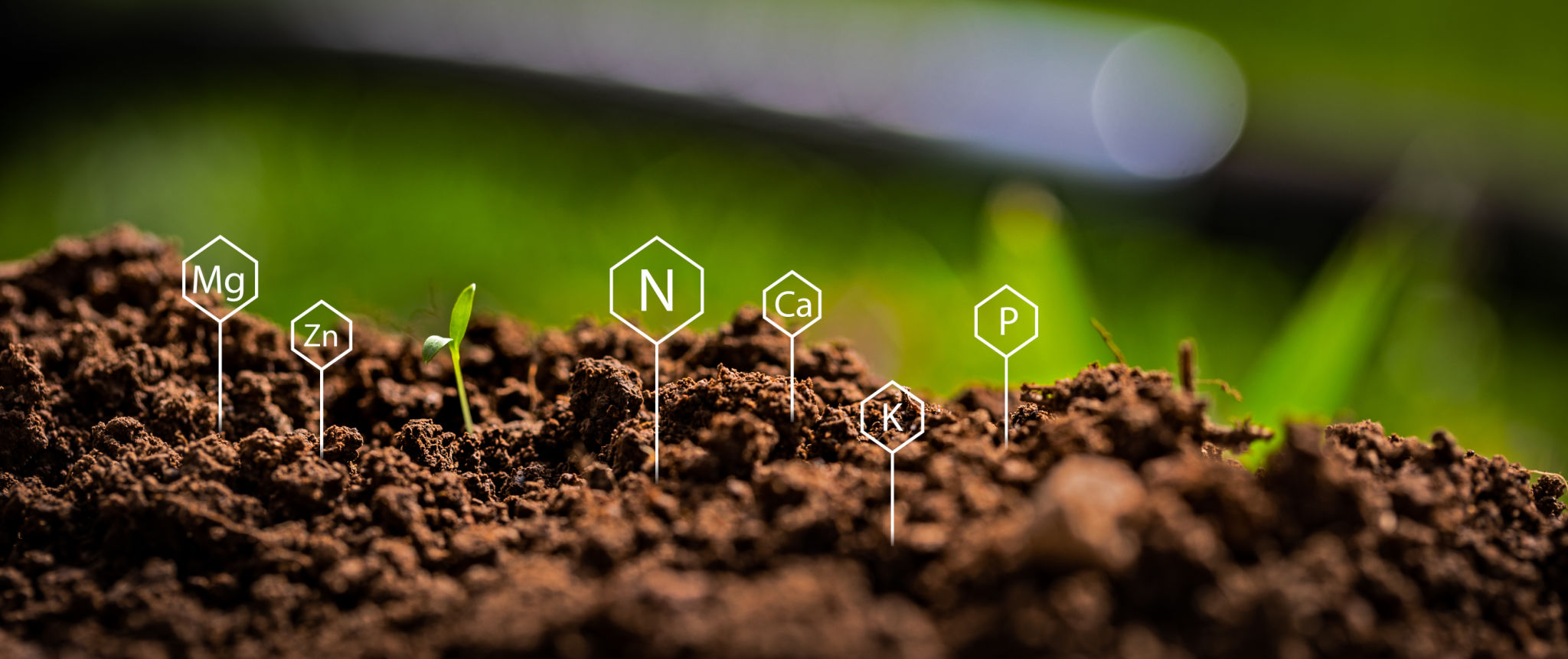How to Select the Right Agricultural Inputs for Your Farm in Ghana
Understanding Your Farm's Needs
Choosing the right agricultural inputs is crucial for the success of any farm in Ghana. The first step in making this decision is to thoroughly understand your farm's specific needs. Factors such as soil type, climate, crop selection, and available resources play a significant role in determining what inputs will be most effective.
Begin by conducting a comprehensive soil test to assess its nutrient content and pH levels. This information will help you select fertilizers that will enhance soil fertility and promote healthy plant growth. Additionally, consider the climatic conditions of your region to ensure that the seeds or seedlings you choose are well-suited to the environment.

Identifying the Right Fertilizers
Fertilizers are essential for boosting crop yields, but selecting the right type can be challenging. In Ghana, both organic and inorganic fertilizers are available, each with its benefits and drawbacks. Organic fertilizers, derived from natural sources like compost and animal manure, improve soil structure while providing essential nutrients. In contrast, inorganic fertilizers offer a more concentrated nutrient supply and faster results.
Consider your farm's specific needs when choosing between these options. For sustainable farming practices, organic fertilizers may be preferred. However, if immediate nutrient supplementation is required, inorganic options might be more appropriate. Always follow recommended application rates to avoid nutrient leaching and environmental damage.

Selecting Quality Seeds and Planting Material
The choice of seeds or planting material significantly impacts crop performance. In Ghana, it's vital to select high-quality seeds that are disease-resistant and adapted to local climatic conditions. Certified seeds from reputable suppliers often ensure higher germination rates and uniform growth.
When purchasing seeds, verify their viability by checking labels for information on germination rates and expiration dates. If you're using seedlings, inspect them for signs of pests or diseases to prevent introducing problems to your farm.

Utilizing Effective Pest and Disease Control Methods
Pests and diseases can drastically affect crop yields, making it essential to implement effective control measures. In Ghana, integrated pest management (IPM) strategies are increasingly popular, combining chemical, biological, and cultural methods to manage pest populations sustainably.
Choose pesticides that specifically target the pests affecting your crops while minimizing harm to beneficial insects and the environment. Additionally, consider biological controls such as introducing natural predators or using disease-resistant plant varieties to reduce reliance on chemical treatments.

Emphasizing Water Management
Water is a critical resource in agriculture, particularly in areas with erratic rainfall patterns. Efficient water management practices can significantly enhance crop productivity on your Ghanaian farm. Consider investing in irrigation systems that suit your farm's size and crop requirements.
Drip irrigation systems are highly efficient, delivering water directly to plant roots while minimizing wastage. Additionally, incorporating rainwater harvesting techniques can supplement water supply during dry seasons, ensuring a consistent water source for your crops.

Seeking Expert Advice
Finally, don't hesitate to seek guidance from agricultural experts or extension officers who can provide valuable insights tailored to your farm's unique conditions. These professionals can assist you in selecting the most suitable inputs based on current research and technological advancements.
Attending agricultural workshops and training sessions can also enhance your knowledge of best practices and emerging trends in the industry. By staying informed and proactive, you'll be better equipped to make informed decisions that contribute to the long-term success of your farming operations in Ghana.
